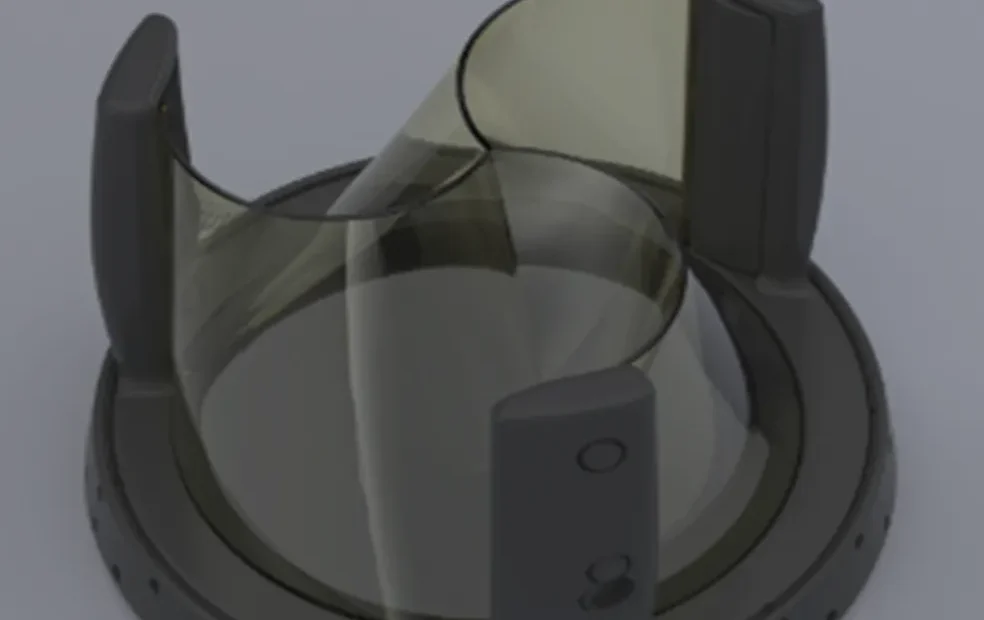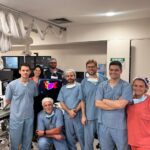Dois docentes do Instituto de Ciências Matemáticas e de Computação (ICMC) da Universidade de São Paulo (USP) estão envolvidos em uma pesquisa voltada para a melhoria de um novo tipo de válvula destinada ao tratamento da estenose, uma enfermidade cardíaca.
A estenose afeta predominantemente os idosos, e de acordo com dados do Instituto Brasileiro de Geografia e Estatística (IBGE), torna-se cada vez mais prevalente devido ao envelhecimento da população no país.
O estudo tem como objetivo melhorar a Válvula Aórtica de Wheatley, reconhecida globalmente como um dos novos dispositivos empregados no tratamento de pacientes com estenose aórtica. Utilizando modelos matemáticos e simulações em computadores. Essas tecnologias possibilitam a realização de testes nas melhorias da válvula antes mesmo dos ensaios clínicos, resultando em economia de tempo e recursos.
Neste estágio da pesquisa, os cientistas estão avaliando o desempenho da válvula em máquinas no Reino Unido para verificar sua capacidade de abrir e fechar adequadamente, prevenindo a formação de trombos e, assim, prolongando a vida útil do dispositivo.
Os resultados obtidos estão sendo contrastados com os testes realizados em sistemas computacionais. Com a introdução deste novo dispositivo, os pacientes não necessitariam mais fazer uso de anticoagulantes.
Confira a notícia completa: aqui









